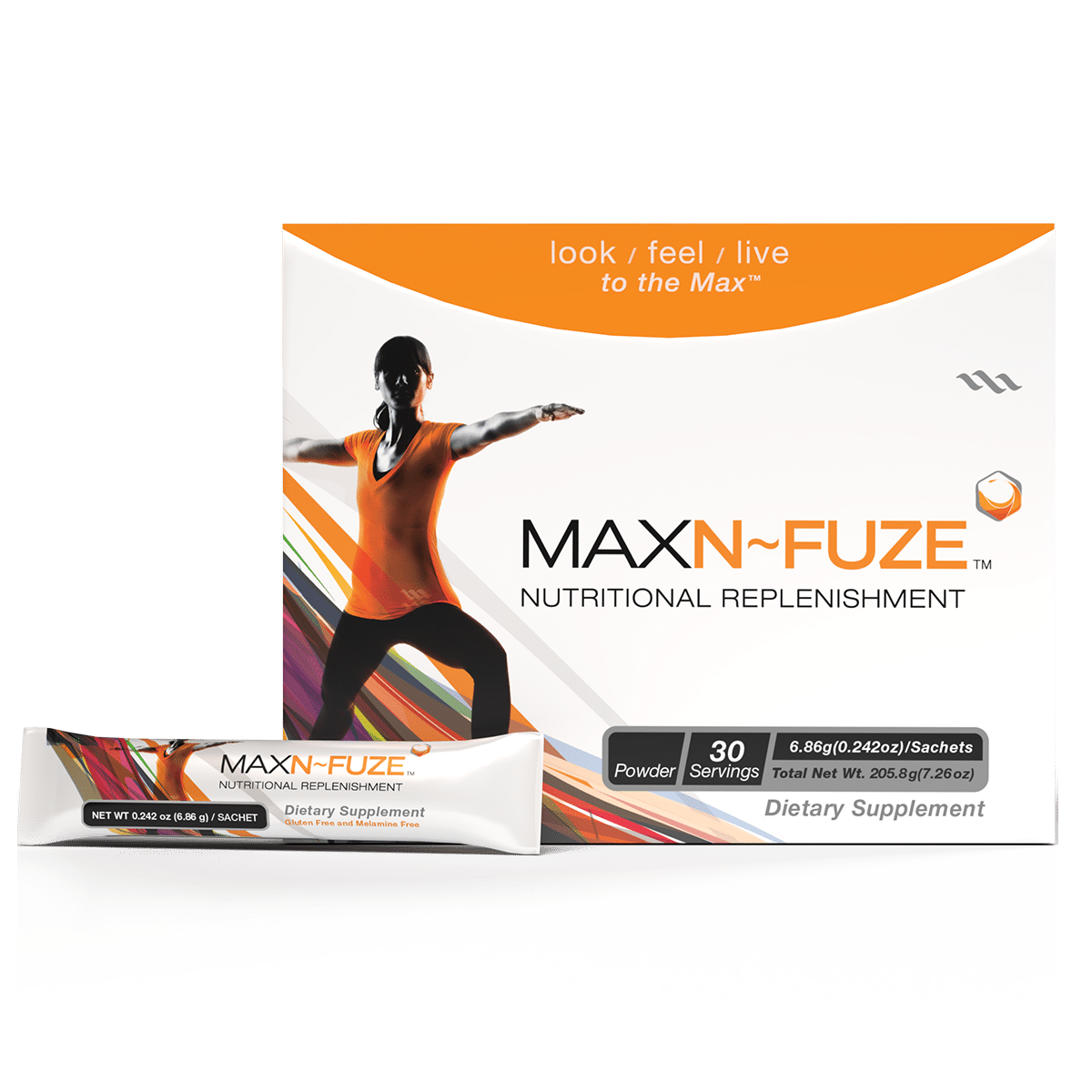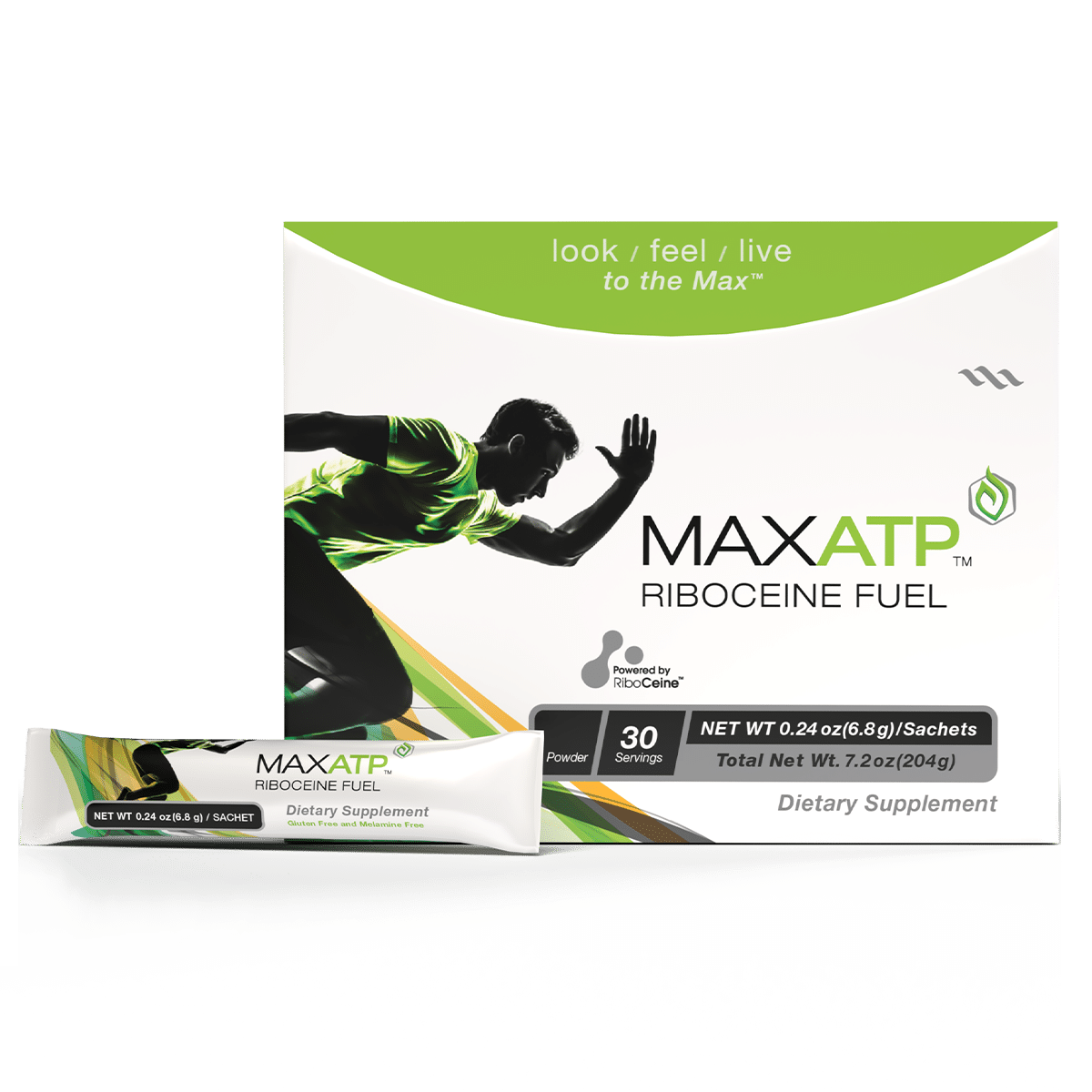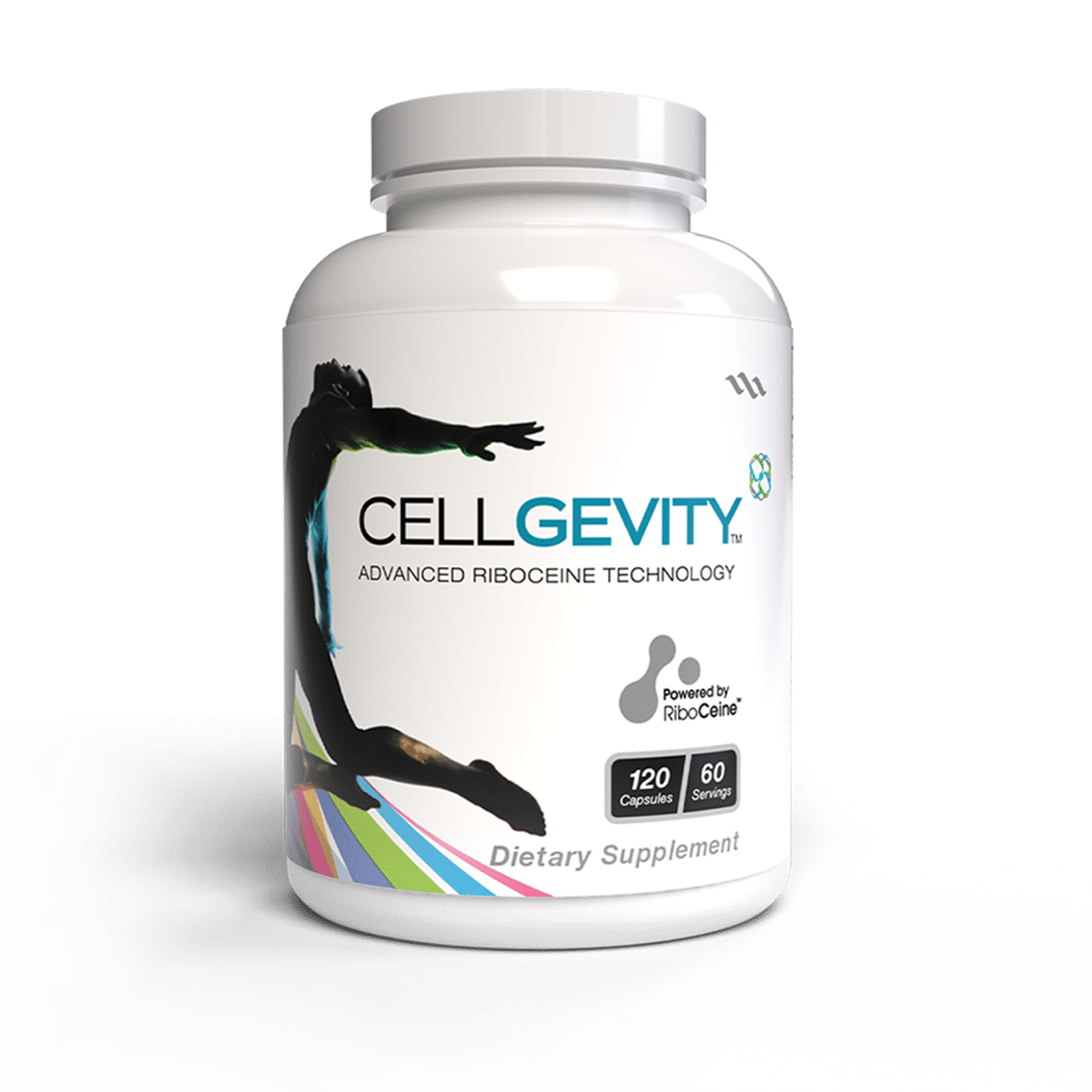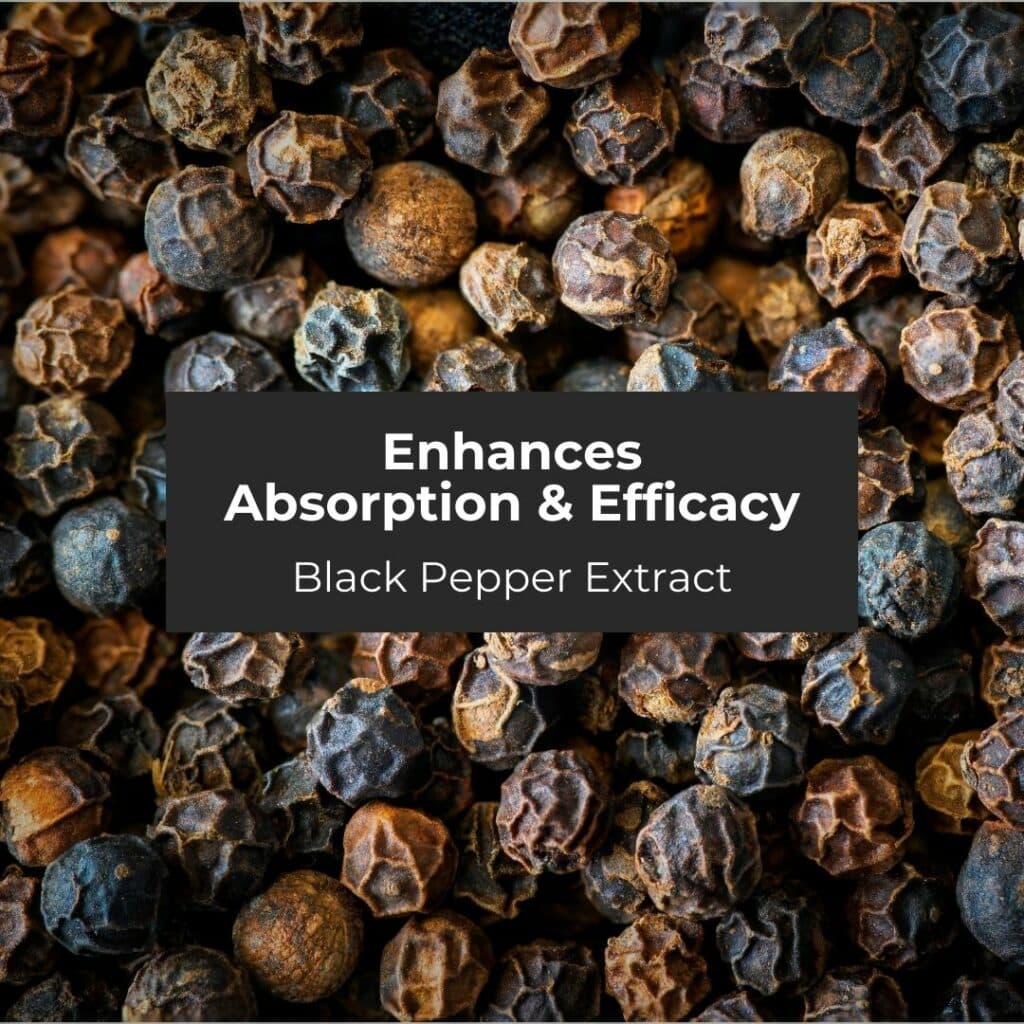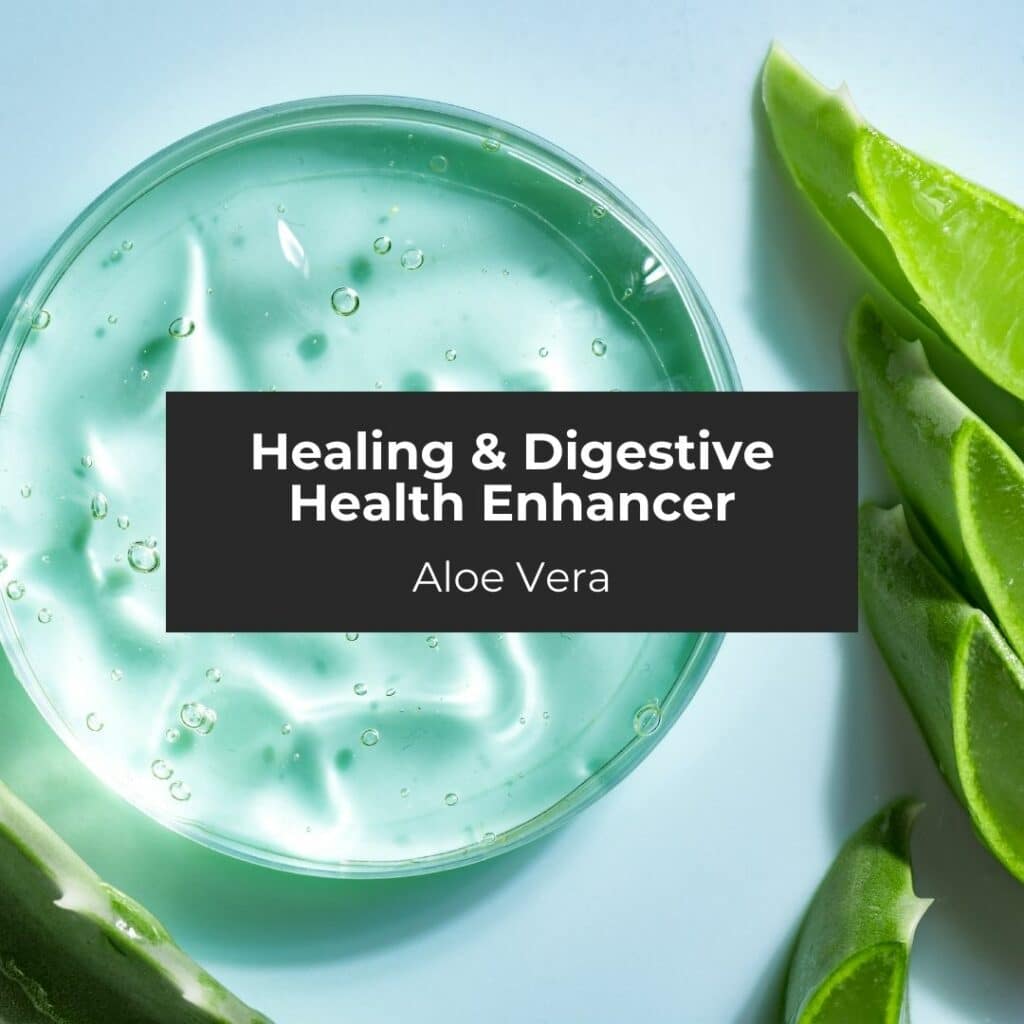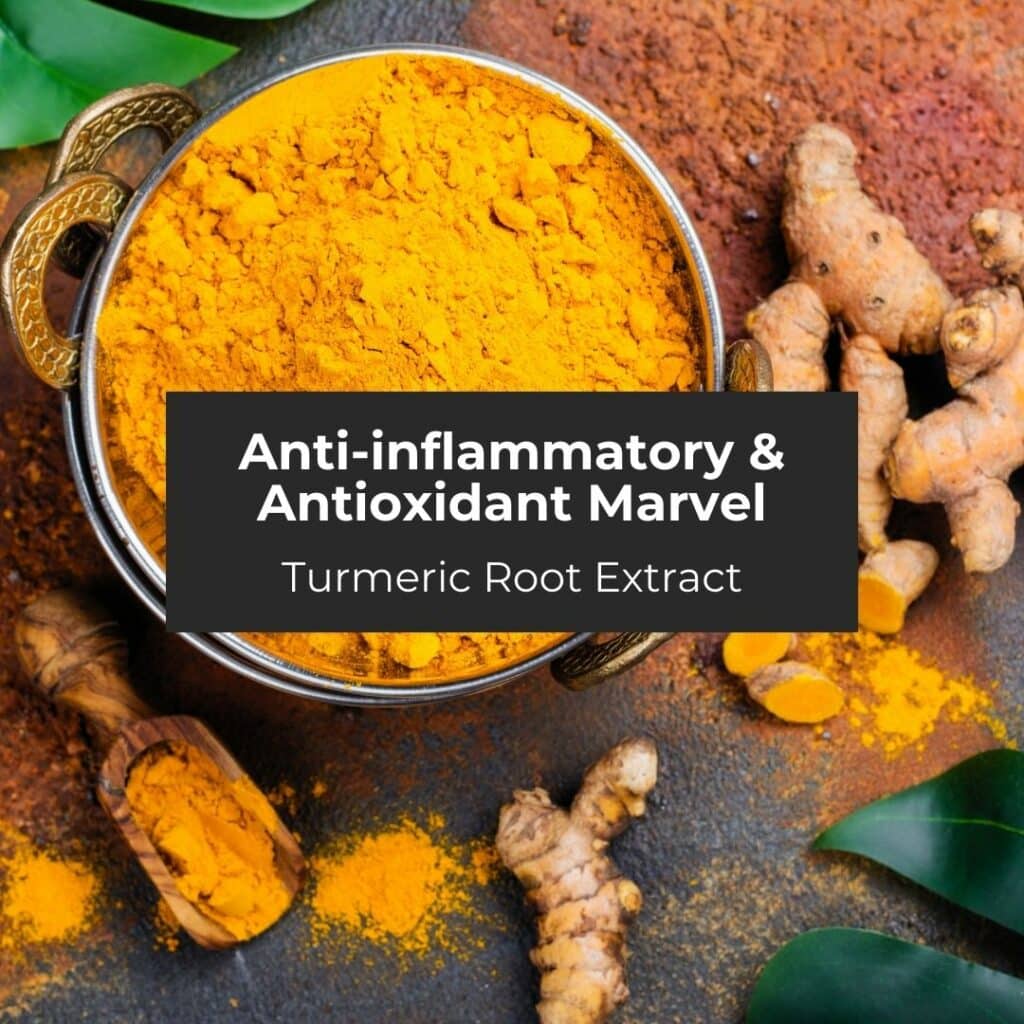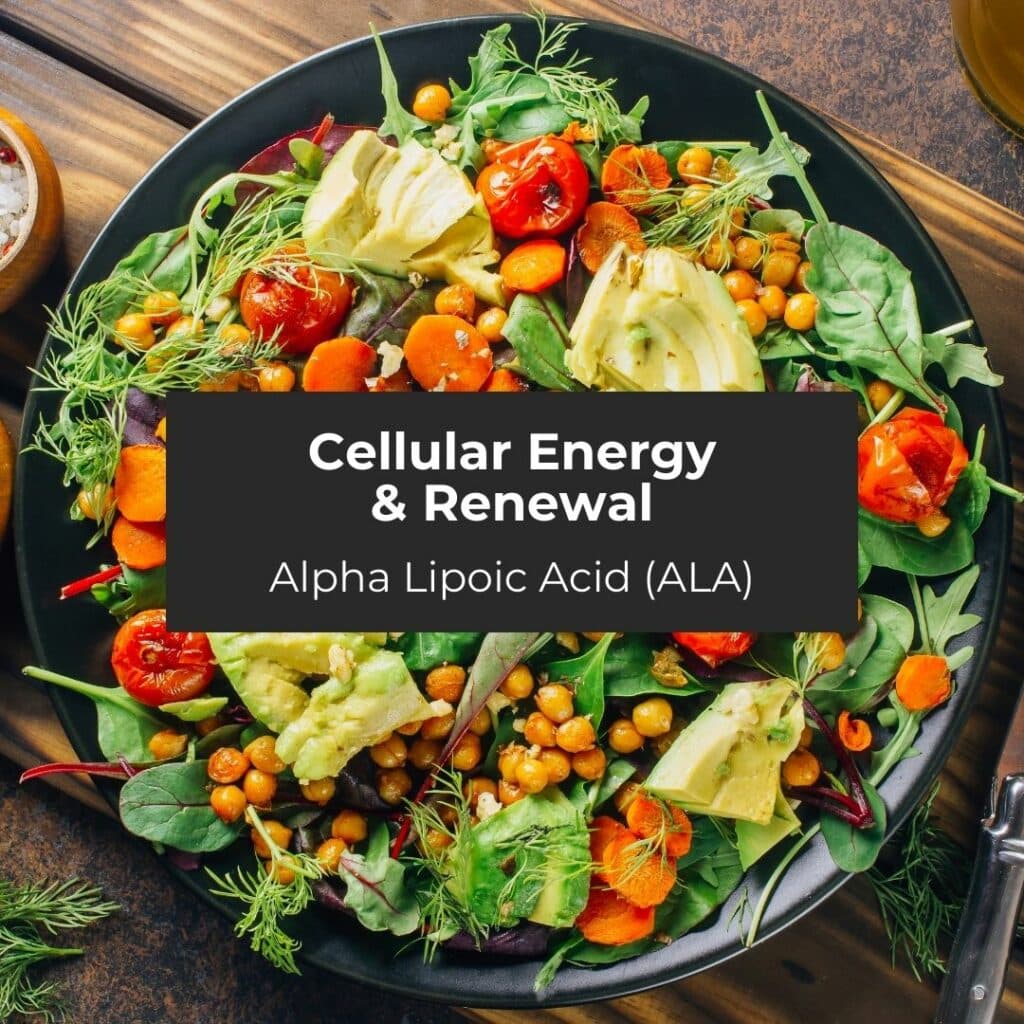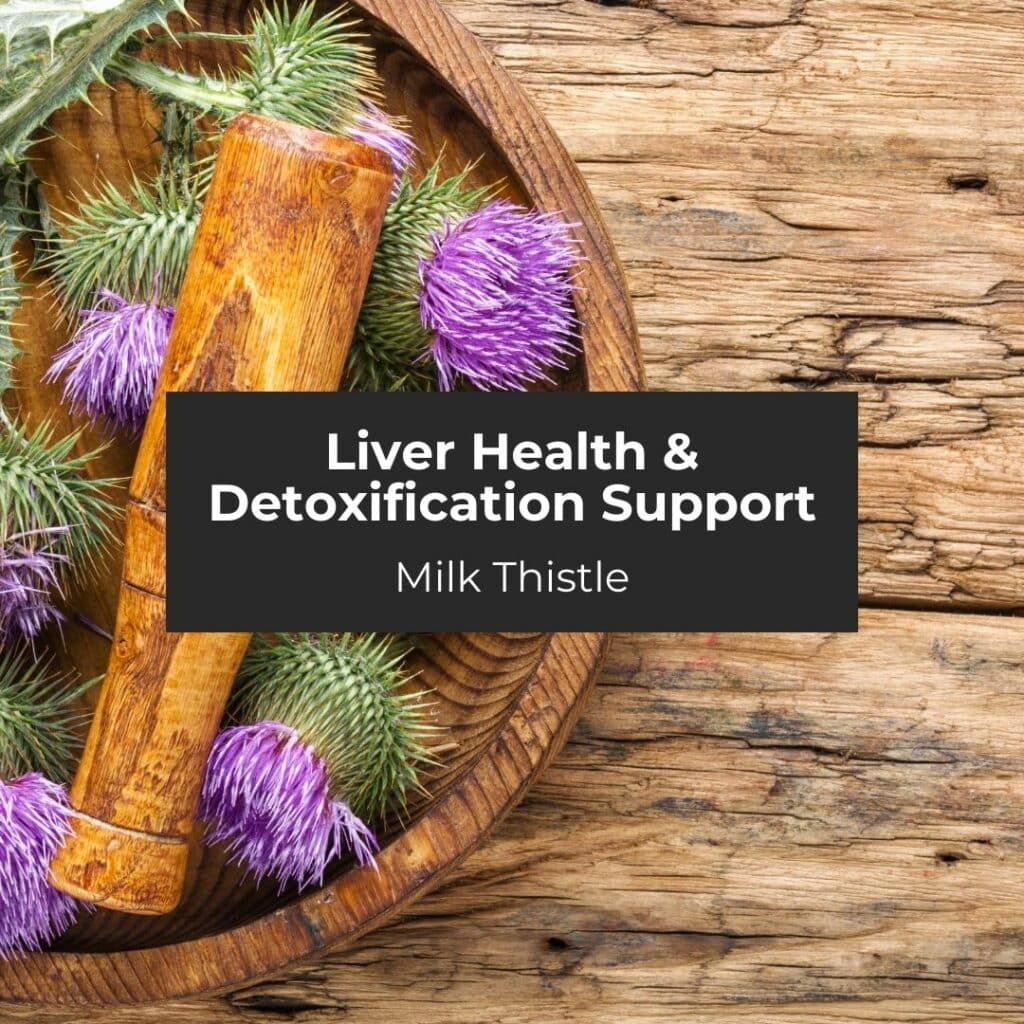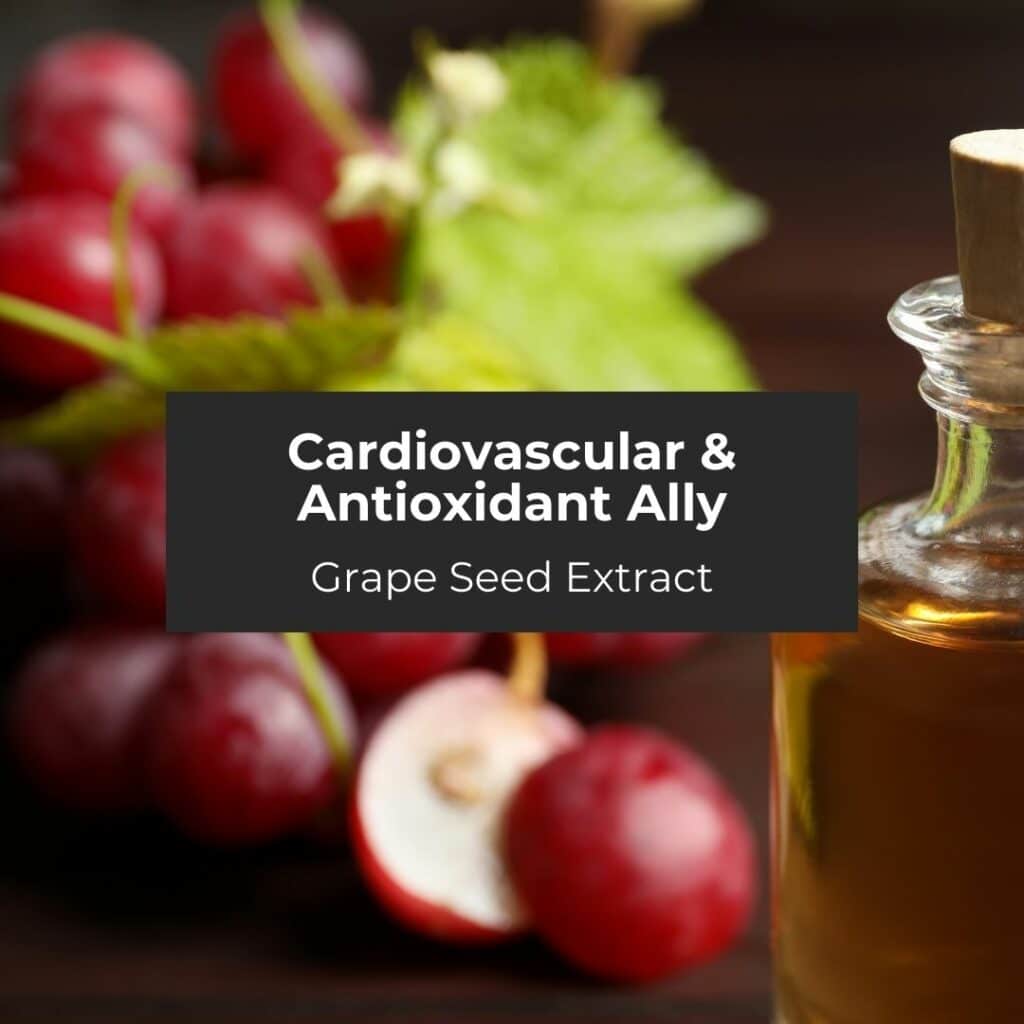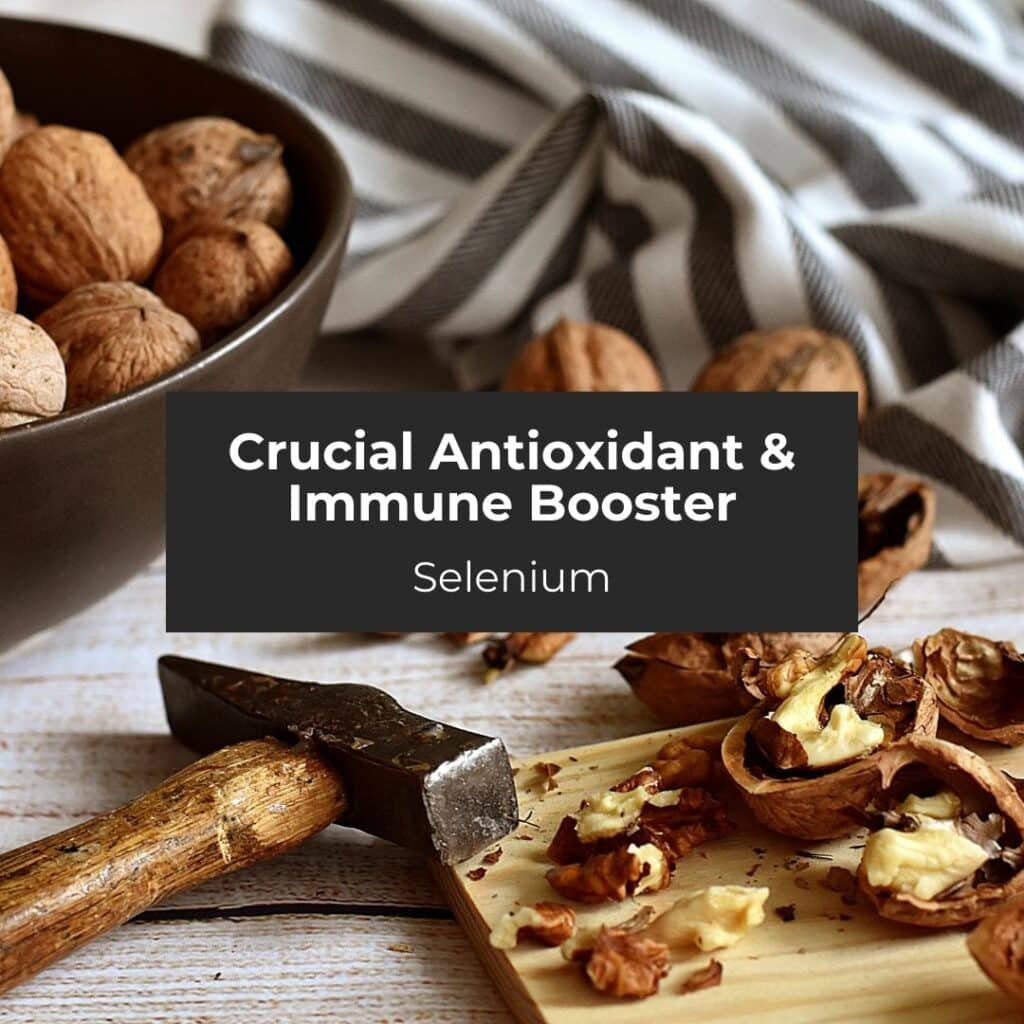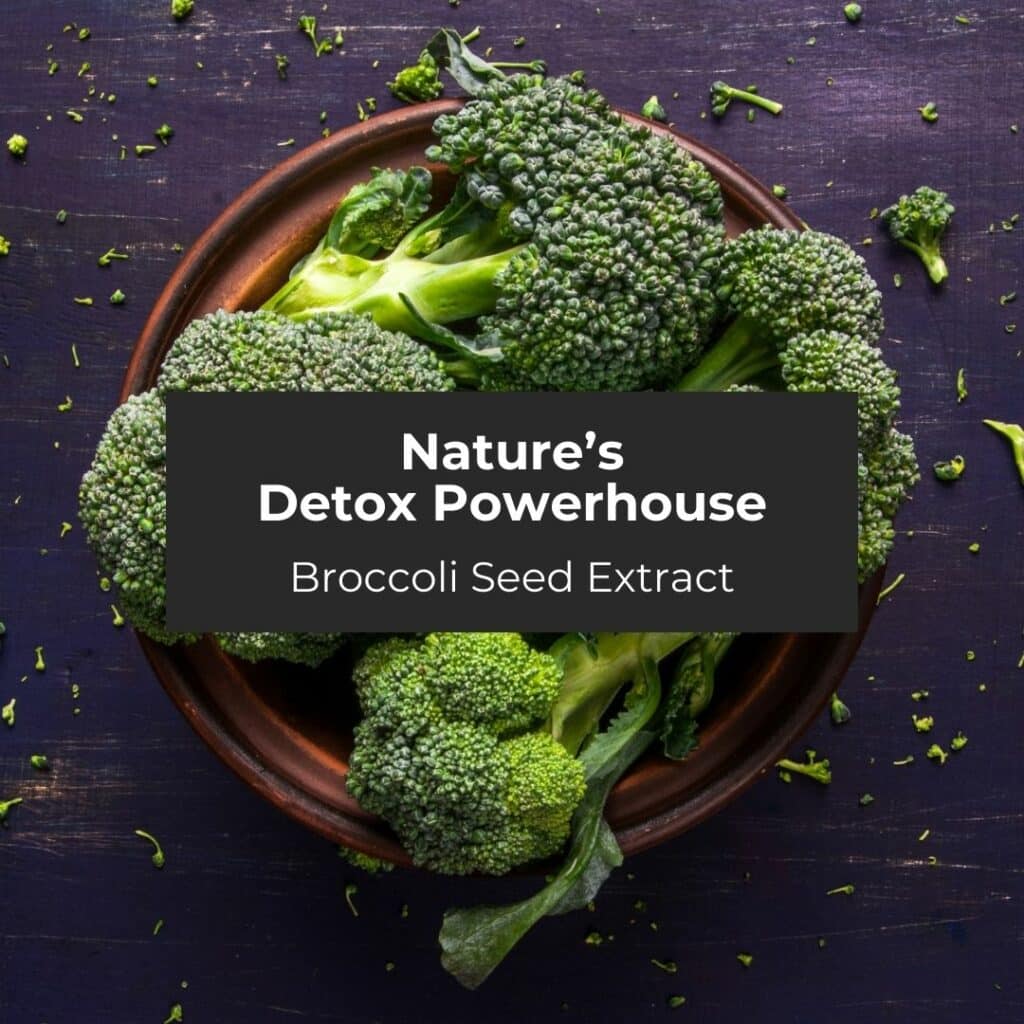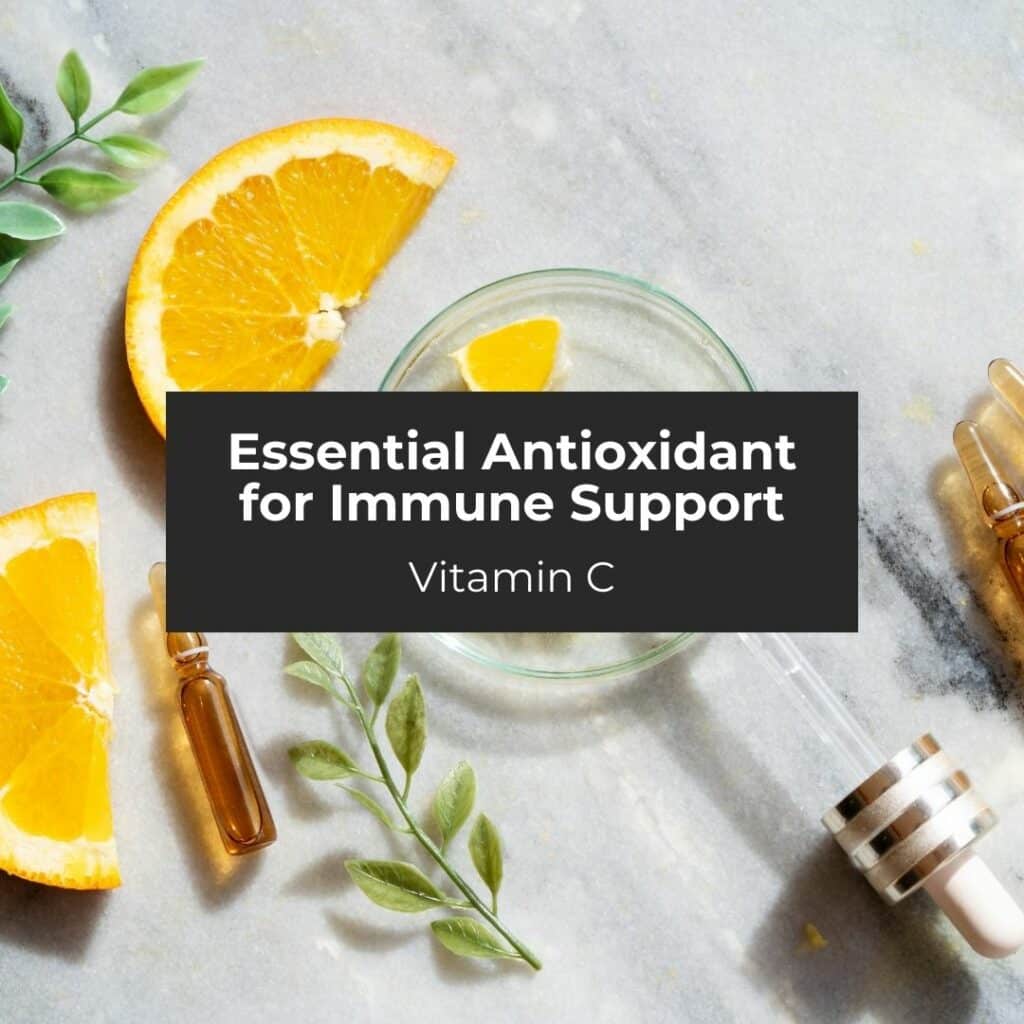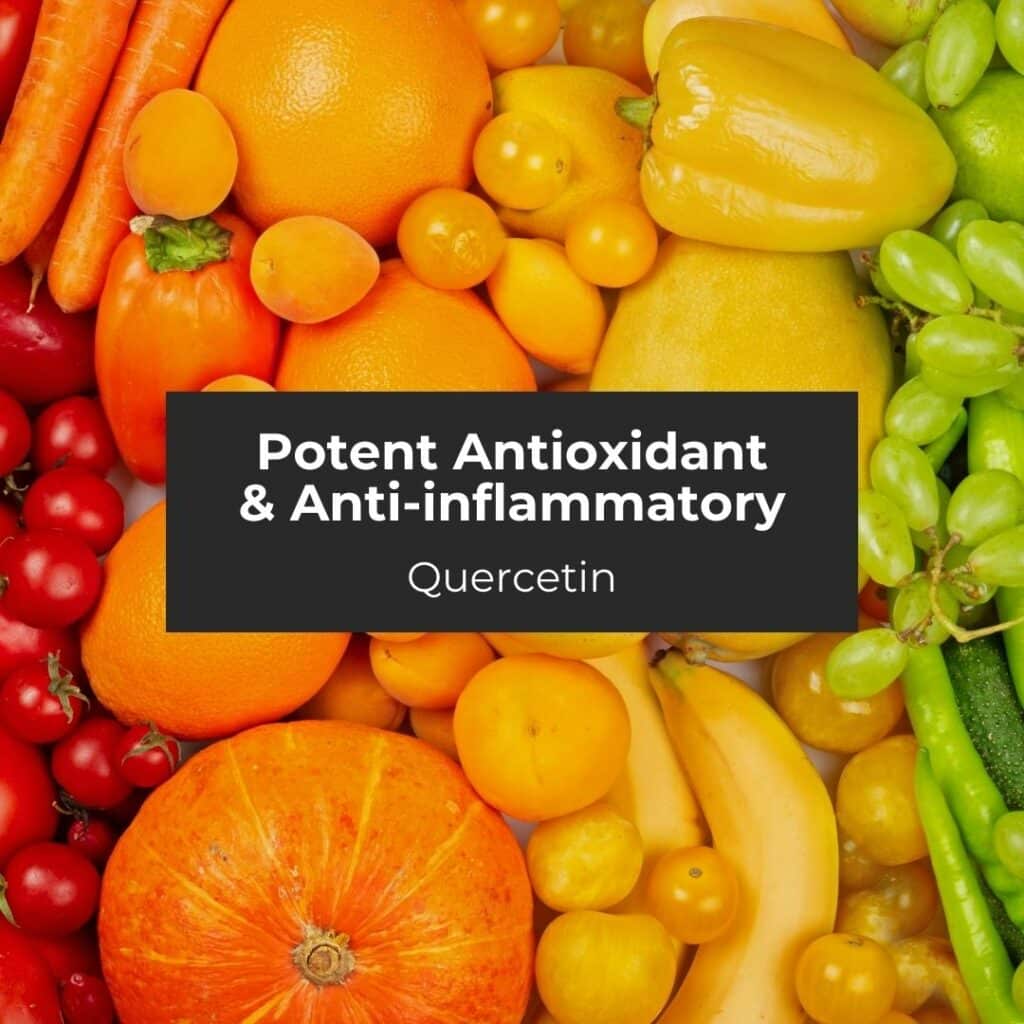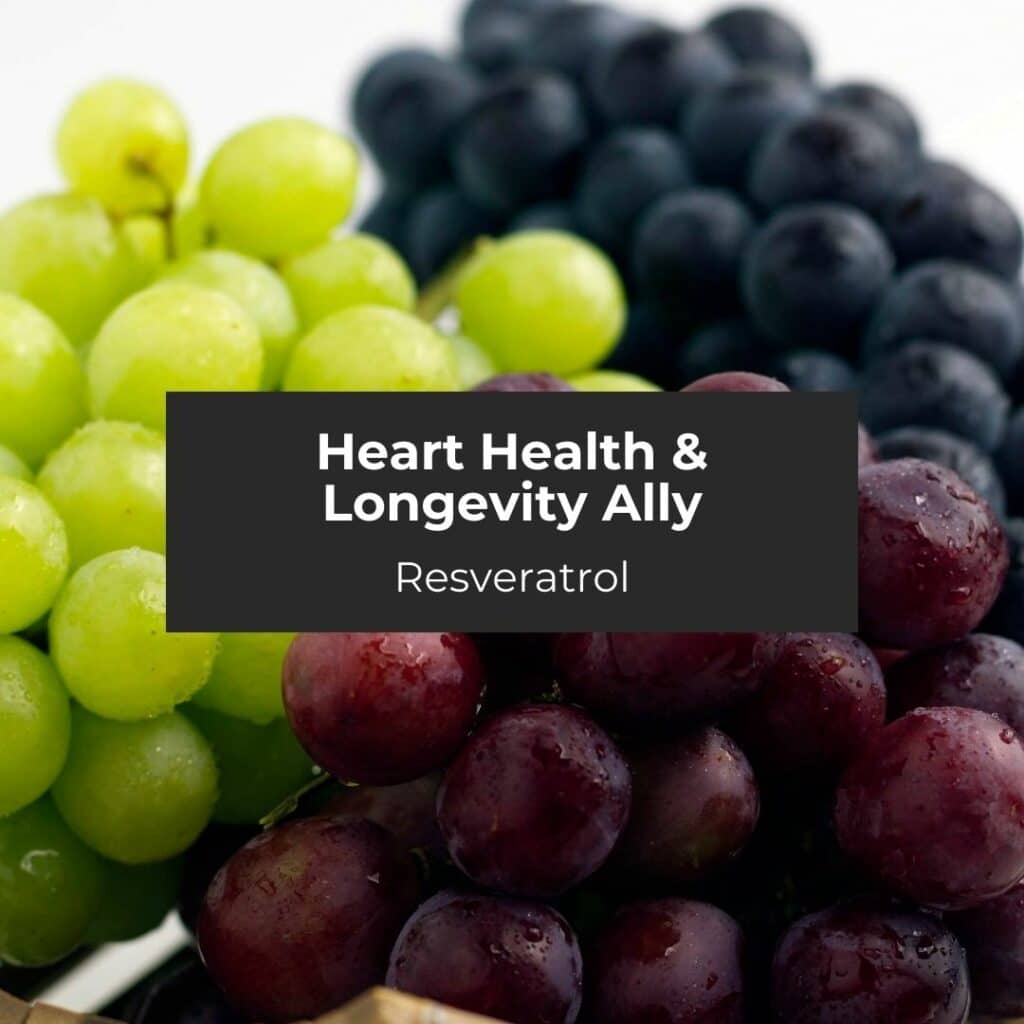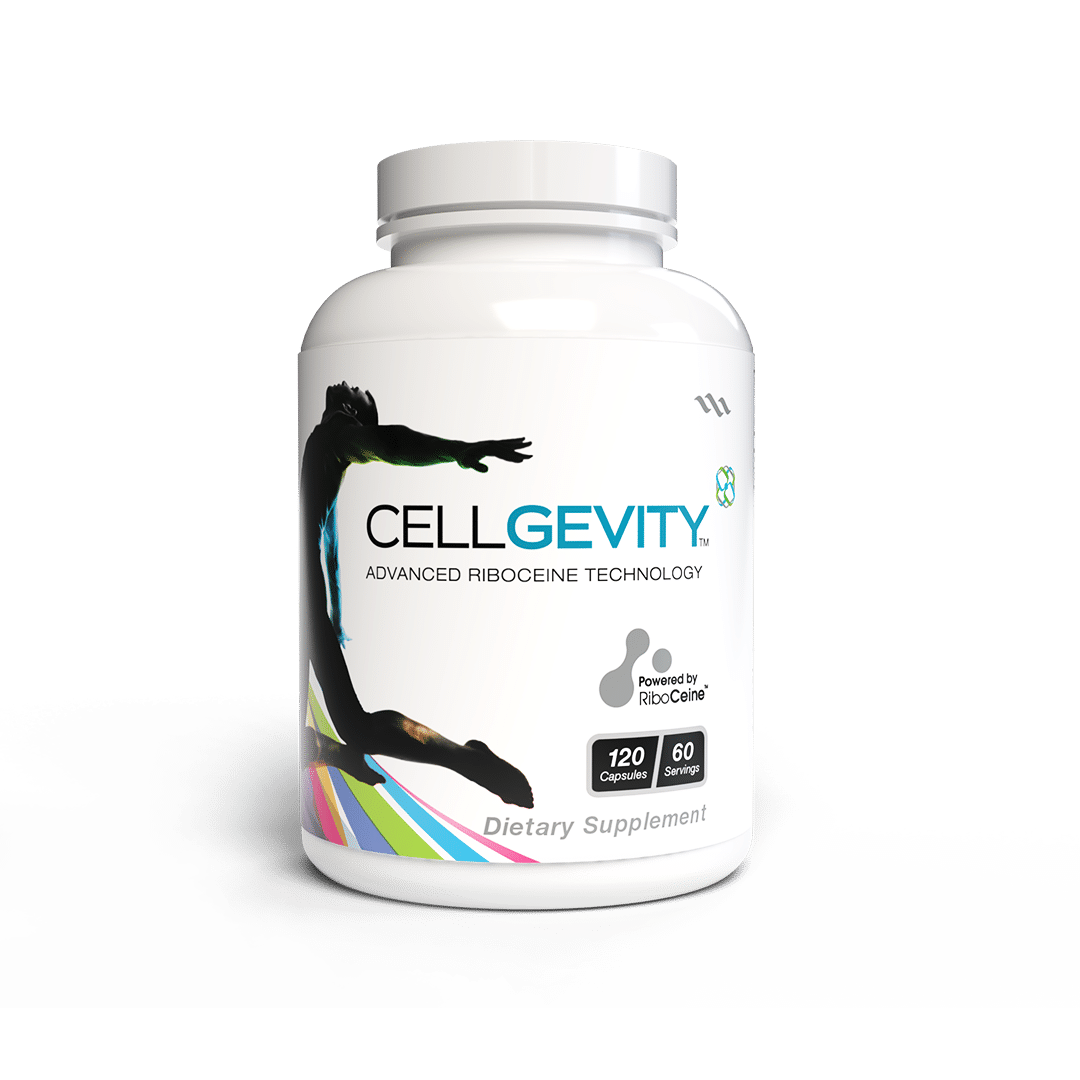For some people it’s hard to believe that there are fats that are actually good for the body. There are people who are vigilantly aware of how fat affects them; there are those who aren’t; and there are all others everywhere and in between who know some fat facts. Whatever the case, a summary of fat can be a good reminder or lesson for all.
What follows is information about fat That We All not only should know, but also have a right to know. (Keep in mind that not all of the people of the world have the fortune, means, or privilege to know it). And while thinking about fat in addition to all the ways there are and all the things to know to achieve good health (or better health) can be overwhelming, remember that feeling sick or being unwell are a degree of overwhelming much more difficult and well worth avoiding.
That said, facts about the fat in our diets – the food we choose to eat and tend to choose – are important because they affect the quality of health we have. Fats – good and bad fats — are of particular importance because they both impact the big organs — the vital ones. Like the Heart. The Brain. The Nervous System. And the outcomes of their negative effects can be catastrophic, debilitating, and, of course, deadly. And our quality of health impacts how we feel. Anh How we feel is a continuum. As long as we’re alive, we’re subject to the state of our health.
Foods with Fat: Nutritious or Not?
The foods we eat can be or can have good fat or bad fat. Fats referred to as essential are the most important. The body breaks down the different fats we feed it into fatty acids. Fatty acids are the building blocks of fats (all types, good and bad, including the major nutrients known as lipids).
There are fatty acids that the body can produce (or synthesize) on its own from fats or raw materials once digested. These are referred to as NON-ESSENTIAL. And there are fatty acids the body cannot produce on its
own. These are known as ESSENTIAL. If a fatty acid (or other nutrient) is essential, the body can only get it from food or nutritional supplements. So, some level of attention, thoughtfulness, or awareness needs to occur in order to provide our bodies with fats and fatty acids that are essential.
Healthful or Harmful?
Additionally, the fat we give our body is one of four types:
- Saturated
- Trans
- Monounsaturated
- Polyunsaturated
These four types fall into one of two categories:
- Saturated
- Unsaturated
Saturated fats and trans fats: These are the two Bad fat types (in the Saturated category). But, they earned that status for good reason. Saturated fats are known to cause an increase in LDL cholesterol — bad cholesterol that can clog arteries.
Unsaturated fats: These are the Good Fats. Research has shown that increasing the amount of select unsaturated fats we consume or take in can:
- Boost health
- Assist in defending against certain diseases
- Even support (as research has shown) higher mental and physical performance.
Be Mindful: Fat Affects Vital Health
Fat feels like a four-letter word. When it comes to our health, here are a few general food and fat tips to live by:
- Trans Fats (a.k.a. Hydrogenated Oils): Avoid These Always. The US has banned their use for good reason.
- Saturated Fats: Keep these to a maximum of 10% of your total Fat consumption. (They’re solid at room temperature so you can spot them most of the time.)
- Monounsaturated and Polyunsaturated: Think fish, olive oil (the Mediterranean diet shows fewer incidents of heart disease in these countries), avocados, and canola oil (when cooking).
- Whenever possible – Choose Polyunsaturated Fats or request them as substitutes for any of the other 3 types of fats. They’re liquid at room temperature!
Keep your fat levels as healthy as possible. Look for more fat facts, nutritional replenishment information, and more on our LiveMax blog.
Live to the Max!











